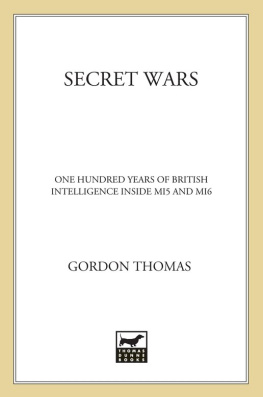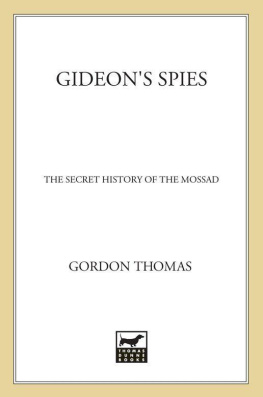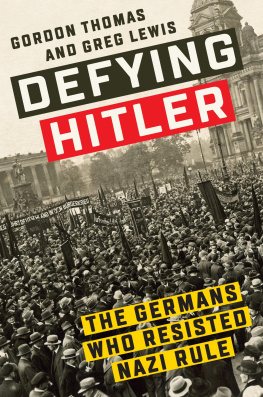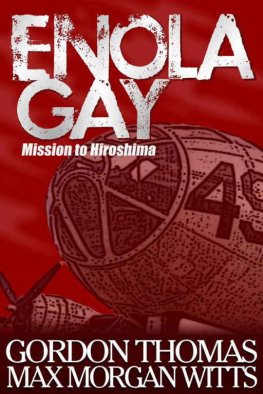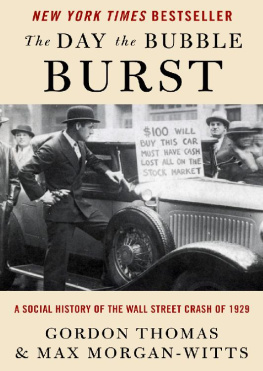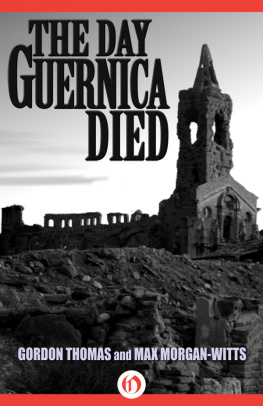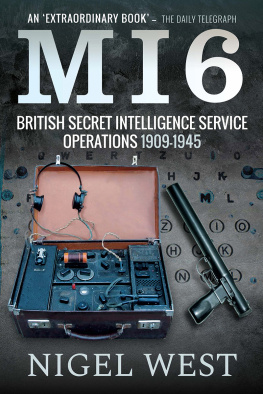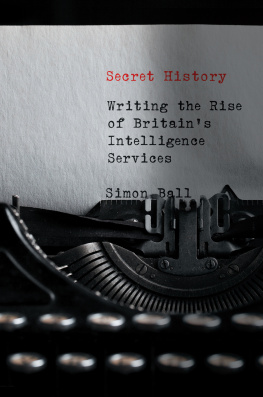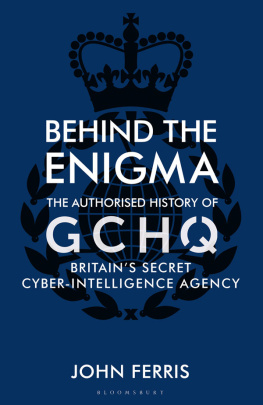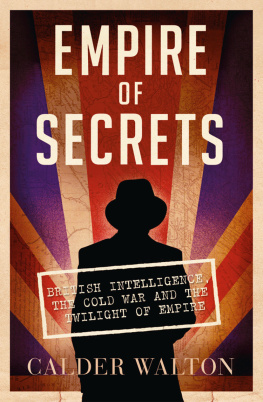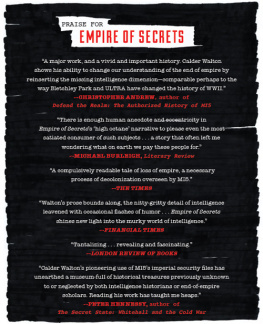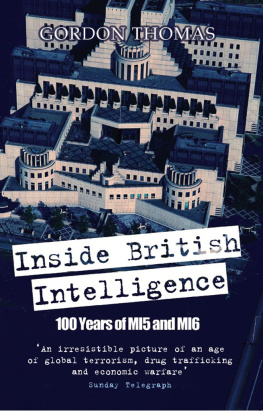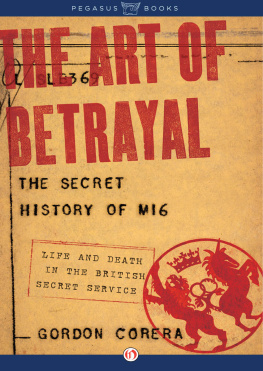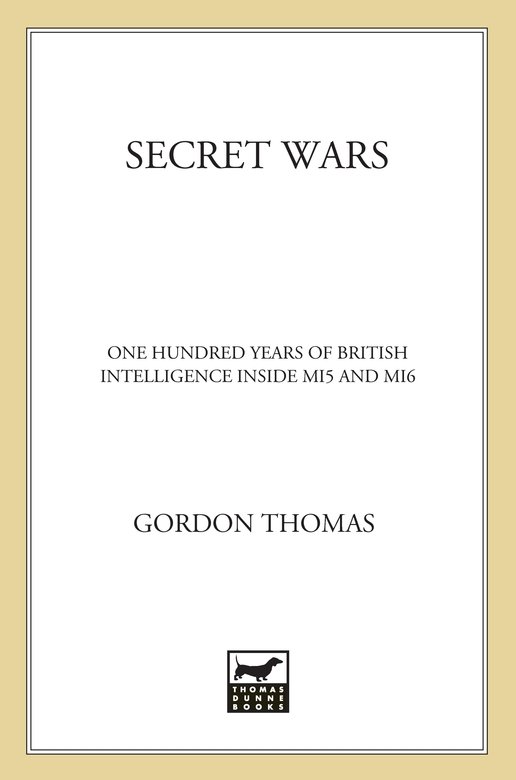NONFICTION
Descent into Danger
Bed of Nails
Physician Extraordinary
Heroes of the R.A.F.
They Got Back
Miracle of Surgery
The National Health Service and You
Thames Number One
Midnight Traders
The Parents Home Doctor (with Ian D. Hudson, Vincent Pippet)
Turn by the Window (with Ronald Hutchinson)
Issels: The Biography of a Doctor
The Day the World Ended (with Max Morgan-Witts)
Earthquake (with Max Morgan-Witts)
Shipwreck (with Max Morgan-Witts)
Voyage of the Damned (with Max Morgan-Witts)
The Day Guernica Died (with Max Morgan-Witts)
Enola Gay/Ruin from the Air (with Max Morgan-Witts)
The Day the Bubble Burst (with Max Morgan-Witts)
Trauma (with Max Morgan-Witts)
Pontiff (with Max Morgan-Witts)
The Year of Armageddon (with Max Morgan-Witts)
The Operation
Desire and Denial
The Jesus Conspiracy
Journey into Madness
Enslaved
Chaos Under Heaven
Trespass into Temptation
Gideons Spies
Magdalene: Woman of the Cross/The 13th Disciple
Seeds of Fire
The Assassination of Robert Maxwell: Israels Super Spy (with Martin Dillon)
The Secret Armies of the CIA
Secrets and Lies
FICTION
The Camp on Blood Island
Torpedo Run
Deadly Perfume
Godless Icon
Voices in the Silence
Organ Hunters
Poisoned Sky
SCREENPLAYS
Emmett (with Gordon Parry)
Enslaved
Organ Hunters
The Jesus Conspiracy
Chaos Under Heaven
Mambo
Underpass
Desire and Denial
Doctor of Hope
Citizen Maxwell
The Hostage
Tiananmen
Connections (with Declan White)
A book that deals with M15 and M16 can have no conclusion. New threats emerge every day from unexpected quarters as you read these words. Peter Hennessy, a lecturer on intelligence at Queen Mary University, London, has said it is impossible to calibrate, let alone control, the ebb and flow of terrorist action/reaction on a national or international basis to any threat. The one certainty is that coping with the new form of international terrorism, as both MI5 and MI6 head toward their century anniversaries in August 2009, will become even more difficult and protracted. Their work will not be so easily labeled as when it was part of the forty-plus years of the cold war or the thirty years of countering Irish terrorism in its seminal period.
The only real identification terrorism has today is with Osama bin Laden. While he has been almost poetic in telling the world he is waging war, his reasons for doing so have nothing to do with freedom, liberty, and democracy. They are contained within his driven belief that he, and he alone, has been called to free the world from imperialism. His is a madness like no other: Hitler, Stalin, and all the other despots of the twentieth century undoubtedly murdered many more, but none possessed the same mental aberration that drives bin Laden.
Gordon Brown, Britains prime minister in 2008, made it clear he disliked President Bushs label of War on Terror. Brown found it both simplistic and limiting, as it allowed the focus to remain on the 9/11 attacks when the current world of counterterrorism required a global view of the threat. In Britain, dealing with that threat had led to increasingarguments about the ethics involved. The controversy over extraordinary renditionthe process the CIA used to secretly arrest terrorist suspects and fly them to secret prisons beyond the rules of interrogation in the U.S. justice systemhad led to an international outcry. One result was that in Britain, an MI5 officer hunting a terrorist would often call in the Security Services lawyers to ensure his method of gathering evidence would withstand the courtroom cross-examination of a defense lawyer.
Another problem both MI5 and MI6 continue to face is balancing their relationships with European Union intelligence agenciesthere are, in 2008, twenty-five of them working within the EUand yet doing nothing to lose the vital contact with U.S. agencies. If global terrorism is to be defeated, then British, European, and U.S. intelligence services must be more openhanded in sharing their secrets with services that would never have featured on their distribution list prior to 9/11. Few within their world will disagree with defense analyst Michael Smiths judgment, Intelligence will need to be untainted and, unlike the notorious (sexed-up) dossier on Iraq, both genuine and accurate.
I share his view that while the protection of sources must remain paramount, the intelligence world will have to be more open about what it does. My attitude was summed up by James Angleton, the legendary CIA spymaster, Secrecy from public scrutiny leads to often uncheckable and different accounts of the same events, which are often contradictory and distorted.
I have authored, lectured, and broadcast for over fifty years on intelligence, met and interviewed many of its officers, and become friends with a number who have devoted, and in many cases still do, their working lives to toiling at the front line of their profession.
My late father-in-law, Joachim Kraner, was one such person; another was Bill Buckley, the former station chief of the CIA in Beirut, where he was captured and eventually murdered by Hezbollah. Through them I came to understand, among much else, the role of intelligence in the cold war and in the emergence of a new strategic erathe birth of the information age, which led to the creation of global terrorism.
They helped me understand that each intelligence service had needed to be placed into a historical context, none more so than MI5 and MI6. Between them their development of techniques and technology has helped to transform intelligence gathering from a game for amateurs to a high-tech professional business.
Many of those who helped me are listed in the front of this book. They helped me because, time and again, they told me the declassificationof once secret information from World War II and the cold war, as well as data available from the archives of Eastern Europe and the former KGB, had, if anything, added to the confusion about the intelligence world of claim and counterclaim.
Like all my previous books on intelligence, throughout the text sources are identified by their direct quotations. Those who spoke to me did so because they trusted that I would represent them accurately. Yet writing about the secret world of spies cannot be the entire truththey themselves do not often know the complete truth of what they are involved in. That is the nature of their work.
Some interviewees who provided information asked for their names to be protected because they work in intelligence but still provided background on sensitive matters. The truth is that people in their position often will not discuss security matters without this protection.
During the past half century since I have written on intelligence subjects, there has developed an increasing feeling within the global intelligence community of the need for openness. I have learned this as a speaker at intelligence seminars. One was a conference DAS, the Colombian intelligence service, hosted. It was attended by intelligence officers from forty-two nations, including the CIA, MI5, MI6, the Mossad, and European Services. I was asked to speak on the theme of The Need for More Openness in Intelligence. I have also lectured in Washington to a conference attended by members of the various U.S. intelligence agencies. My writing was commended for its sourcing and what an officer called responsibility in handling entrusted material. Meir Amit, the former director of the Mossad, has said, Thomas tells it like it wasand like it is. It is encouragement like this that has enabled me to fill the gaps in previously published material.

